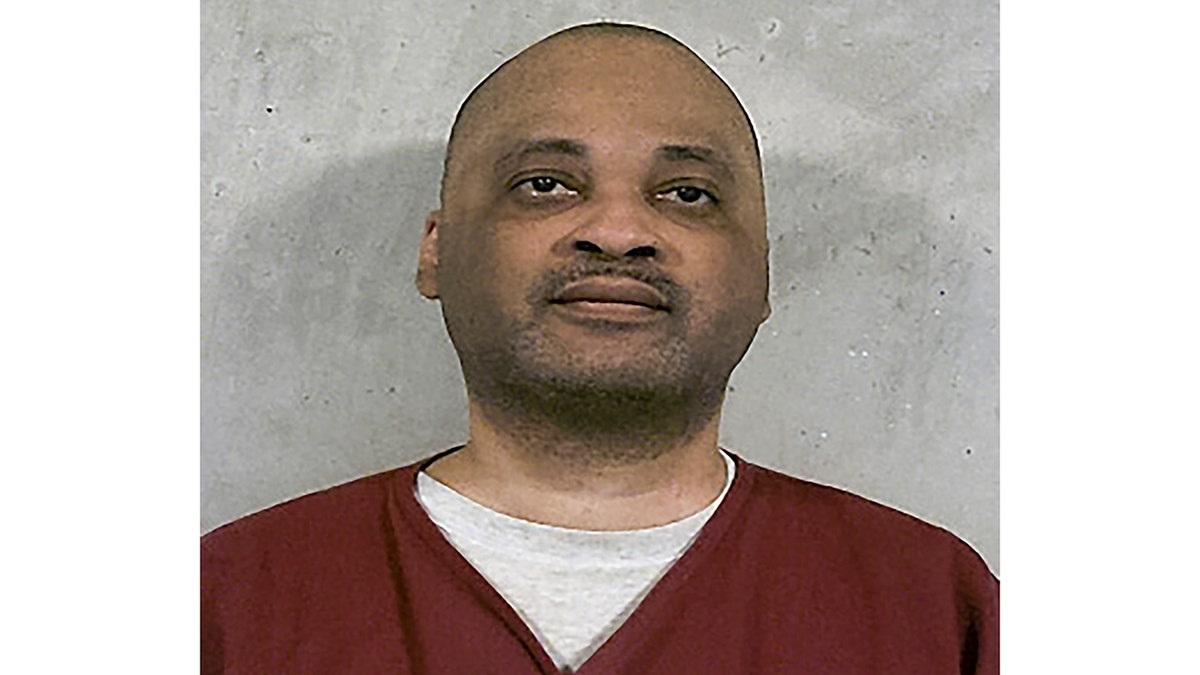Oklahoma is scheduled to execute Jemaine Cannon, 51, on Thursday, July 20, 2023, for the 1995 murder of 20-year-old Sharonda Clark. Cannon, who escaped from a prison work center weeks prior, fatally stabbed Clark with a butcher knife in a Tulsa apartment they shared. At the time of his escape, he was serving a 15-year sentence for a brutal attack on another woman, involving rape and severe beating with various objects. The execution is slated for 10 a.m. at the Oklahoma State Penitentiary in McAlester, marking the state's second execution this year and the ninth since lethal injections resumed in 2021.
Cannon has maintained he acted in self-defense, a claim he reiterated during a clemency hearing last month. He expressed regret over the incident, stating that taking a life was never his intention. His attorney, Mark Henricksen, argued that Cannon's legal representation during the trial and appeals was inadequate, failing to present evidence supporting the self-defense argument. Henricksen further criticized the state's decision to proceed with the execution, considering Cannon's deteriorating health, including near deafness and blindness, calling it "obscene."
However, the prosecution and Clark's daughters have pressed for the execution. Clark's eldest daughter, Yeh-Sehn White, addressed the Pardon and Parole Board, highlighting Cannon's lack of remorse over the past 28 years and his continued attempts to shift blame onto her mother. The board ultimately denied clemency in a 3-2 vote.

Death row inmate Jemaine Cannon, who is set to be executed on July 20, 2023. (Oklahoma Department of Corrections via AP, File)
Oklahoma's lethal injection protocol utilizes a three-drug sequence: midazolam (sedative), vecuronium bromide (paralytic), and potassium chloride (stops the heart). The state's history with capital punishment includes a period of high activity followed by a de facto moratorium after issues in 2014 and 2015 involving incorrect drug administration and a botched execution.
Comments(0)
Top Comments